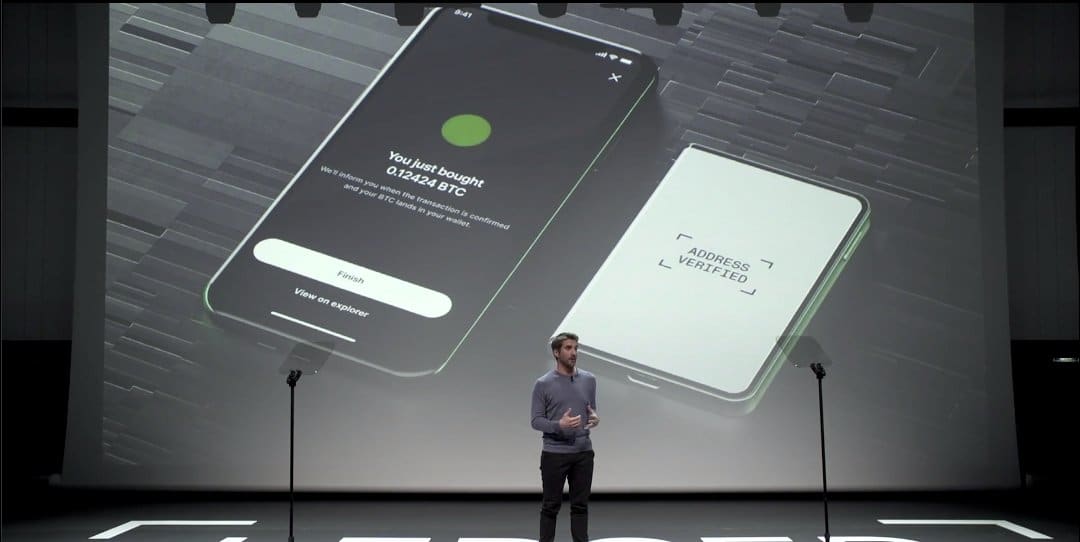2023-5-16 14:25 |
Ledger, a renowned hardware wallet manufacturer known for its commitment to security and protecting users’ private keys, has recently introduced a controversial feature called “Recover.” While the intention behind this feature may be to provide an additional layer of convenience, its implementation has raised significant concerns about compromising user safety and data privacy. This article critically examines Ledger’s new feature and its potential implications for users.
Compromising Security for ConvenienceOne of the primary purposes of a hardware wallet is to ensure the security of users’ private keys by keeping them offline. However, Ledger’s “Recover” service requires users to share their private keys, along with a copy of their ID and other personal information, potentially jeopardizing the very essence of security that hardware wallets are designed to provide.
Risk of Seed ExtractionA particularly alarming aspect of Ledger’s new feature is the suspicion that the company can extract the seed from the device if users accept the terms. This revelation undermines the trust and confidence users have placed in Ledger, as it essentially compromises the security of the entire device. Hardware wallets are supposed to guarantee that private keys remain isolated within the device, making any potential extraction of the seed a significant breach of user trust.
Data Privacy ConcernsLedger’s recent request for government-issued identification to access their new service is also causing concern among users. This requirement raises questions about the company’s data privacy practices and their ability to safeguard sensitive user information. Considering Ledger’s previous data breach incident, where customer data was compromised, users are understandably wary of sharing more personal information, especially with the potential risks involved in the new service.
Weakening the Hardware Wallet’s StrengthsThe introduction of Ledger’s “Recover” feature raises doubts about the fundamental strengths of hardware wallets. Until now, the physical hardware resistance and the assurance that private keys remained solely within the device formed the cornerstone of their security. However, by enabling the transfer of the seed phrase to multiple parties, including Ledger itself, this feature weakens the very foundation that made hardware wallets so secure in the first place.
If you think now is the time to seek for a Ledger alternative, here is a list of best alternatives for this hardware wallet.
Increased Risks for SubscribersWith the “Recover” service available for a monthly subscription fee of $9.99, Ledger seems to prioritize convenience over user safety. By sharing the seed phrase with additional entities, the risks associated with potential data breaches or unauthorized access increase exponentially. This move undermines the trust and confidence that users have placed in Ledger, and it may push them to seek alternative solutions that prioritize their security and privacy.
Read also:
Ledger Stax vs Ledger Nano X vs Ledger Nano S Plus – Hardware Wallets Compared Ledger Stax review Coolwallet PRO vs Ledger Nano – What Hardware Wallet Is Better? CoolWallet Pro Review – Supported Coins, Security, Price ConclusionLedger’s new “Recover” feature, while intending to provide convenience and ease of use, compromises the fundamental principles of security and privacy that hardware wallets have long been trusted for. The extraction of the seed phrase, the sharing of private keys with multiple entities, and the request for additional personal information all contribute to a significant erosion of user trust. As users, it is essential to prioritize security and consider alternative options that better align with our needs for protecting our valuable digital assets.
The post Ledger’s New Feature Raises Concerns: Time to Consider a Safer Hardware Wallet for Your Coins? appeared first on CaptainAltcoin.
origin »Bitcoin price in Telegram @btc_price_every_hour
Atomic Wallet Coin (AWC) на Currencies.ru
|
|





















